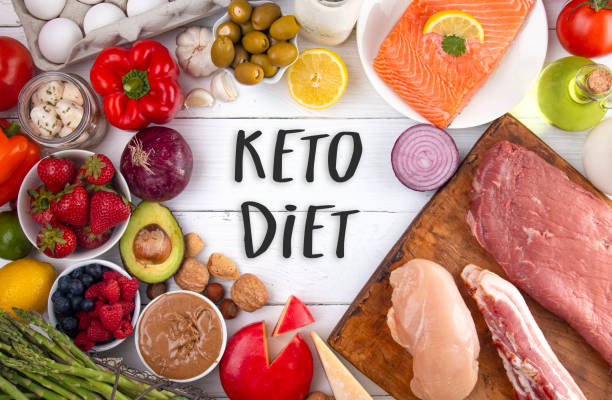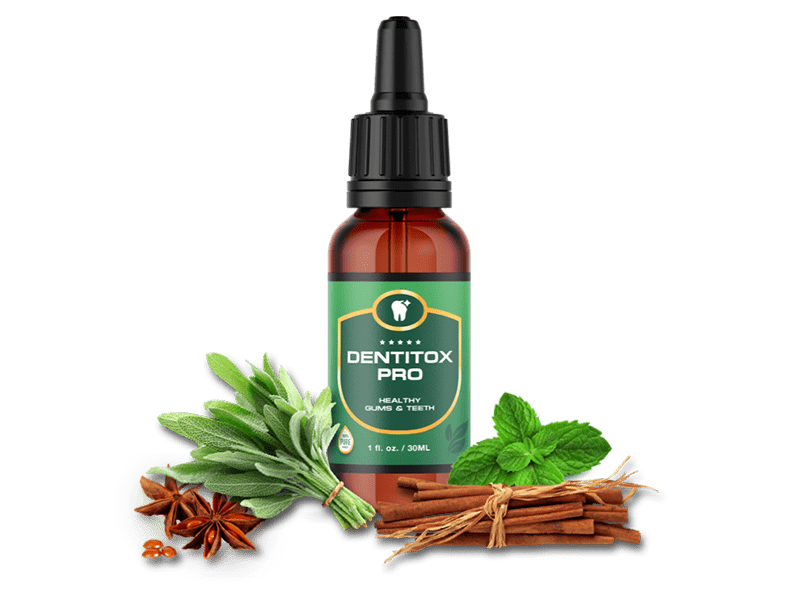Table of Contents
What is Ketogenic Diet?
The ketogenic diet or more known as Keto Diet is a high fat and very low carbohydrate diet. It shares many similarities as other diets like Atkins. When you eat fewer carbs, your body starts to burn fat as a source of energy. This can induce a metabolic state known as ketosis in your body. Your liver converts fat into little energy molecules called ketones, which your brain and other organs can utilize for energy when you’re in this state. A keto diet decreases insulin levels considerably, allowing you to tap into your body’s fat stores for energy.
It was first discovered by accident around the year 1860, a victorian funeral director named William Banting started a journey to losing weight. As he lost weight he decided to write a diary, hoping one day it would help others. It was very similar to the diet we know today. It was then introduced in 1923 by Dr. Russell Wilder at the Mayo Clinic to treat epilepsy. And slowly becoming the weight loss diet that we know.
How it works
When you eat less than 50 grams of carbohydrates each day, your body soon runs out of fuel (blood sugar). This usually takes three to four days. Then you’ll begin to break down protein and fat for energy, potentially resulting in weight loss. Ketosis is the term for this state. It’s vital to remember that the ketogenic diet is a short-term diet designed to help you lose weight rather than improve your health. But it has been shown in numerous trials that it may provide health benefits like lowering your blood sugar.
Things to consider before you start
There are many myths and controversies surrounding the keto diet, yet it appears to be fairly safe for the majority of people. However, some people frequently require medical supervision for example when you take blood pressure medication or/and take diabetes medication.
When your Breastfeeding you should avoid it

Pro
Although there is less high-quality research on the advantages of a keto diet for other diseases, accumulating data suggests that it may be beneficial for some people and it’s certainly worth a try for many.
Like:
- Acne
- Epilepsy
- Mental health
- Physical endurance
- Migraines
- Polycystic ovary syndrome (PCOS)
- Irritable bowel syndrome (IBS)
- Weight loss
- Diabetes type 1 and 2
- Improve metabolic health and blood pressure
- Improve fatty liver disease
Cons
- Rapid weight loss may be initially from “water losses” and may not be accurate weight loss.
- Keto flu
- Increased risk of kidney stones, liver disease, and micronutrient deficiency
- Lack of fiber may lead to constipation
- Concern for cardiovascular health
- Lack of more research suggesting health benefit
Side effects
After a few weeks or longer on the keto diet, you should feel terrific and have plenty of energy. However, the transition from burning largely glucose to burning mostly fat for fuel can be difficult in the first few days to weeks. When your body undergoes this transformation, you may experience the “keto flu.” It occurs as a result of alterations in your body’s fluid and mineral balance as a result of consuming relatively few carbs.
Some of the symptoms of the keto flu include:
- Fatigue
- Headache
- Irritability
- Lack of motivation
- Difficulty focusing
- Dizziness
- Muscle cramps
- Lack of energy
Fortunately, you can play down these symptoms before they begin by replenishing fluids and salt. Excellent techniques are to drink a cup or two of salty broth or being generous with the salt.
Also, remember that these symptoms are temporary. As your body adapts to its new way of receiving power (from fat rather than of sugar).
What to eat
The keto diet allows meat and seafood, and the possibilities are nearly unlimited. On the keto diet, processed foods (such as bacon and sausage) should be avoided.
When you’re on a keto diet, you can eat the following meats and seafood:
- Beef
- Pork
- Salmon
- Tuna
It does allow you to eat also eggs and high protein plant-based like:
- Tofu
- Seiten
- Tempeh
While it is vital to eat your vegetables, not all of them are permitted on the keto diet. Fortunately, there are still lots of options for you to choose from like:
- Broccoli
- Cauliflower
- Kale
- Asparagus
- Cabbage
- Cucumber
- Spinach
- Bell Peppers
- Brussels Sprouts
- Zucchini
In General, you can eat almost everything but root veggies or any vegetable containing high amounts of carbohydrates. That also comes with the fruits, as they contain high amounts of Carbohydrates, there are not many fruits that are accepted:
- Avocado
- Blueberries
- Blackberries
- Raspberries
Another thing is that not all oils are allowed, you may consume:
- Butter
- Olive oil
- Coconut oil
When eating Cheese almost all of them are allowed as they contain high fats like:
- Heavy cream
- All high fat Cheese
- Cream cheese
- Sour cream
Other product that are high fat are nuts and seeds:
- Almond
- Walnuts
- Chia seed
- Hemp seed
- Pecans
- Flaxseed
- Peanut
- Nut butters
For sugars, they are allowed but in small quantities as sugar contains carbohydrates, this goes for sweeteners and condiments:
- Stevia
- Sucralose
- Unsweetened Ketchup
- Avocado oil Mayo
- Sugar-free BBQ sauce
Alcohol is also permitted if you didn’t know but only:
- Hard Liquor
- Dry Wine
- Champagne
What not to eat
As you may have thought as the list “what to eat” is short, you can imagine there are many things you are not able to eat as:
- Root veggies as (Potatoes, Carrots, Beets, Turnips)
- Most of the fruits. In any mode of presentation, raw, cooked, smoothie or juice like:
- Bananas
- Watermelon
- Pineapple
- Mango
- Peaches
- Pears
- Cherries
- Low-fat Diary
- Grains
- Wheat
- Rice
- Oat
- Quinoa
- Bulgur
- Millet
- Legumes
- Lentils
- Black beans
- Chickpeas
- Kidney beans
- Peas
- Soybeans
- Cereals
- Bread
- Pasta
- Crackers
- Corn
- Popcorn
- Sugar
- Cane sugar
- Maple syrup
- Agave Nectar
- Honey
- Splenda
- Candy
- Oils
- Canola oil
- Peanut oil
- Sunflower oil
- Sesame oil
- Soybean oil


